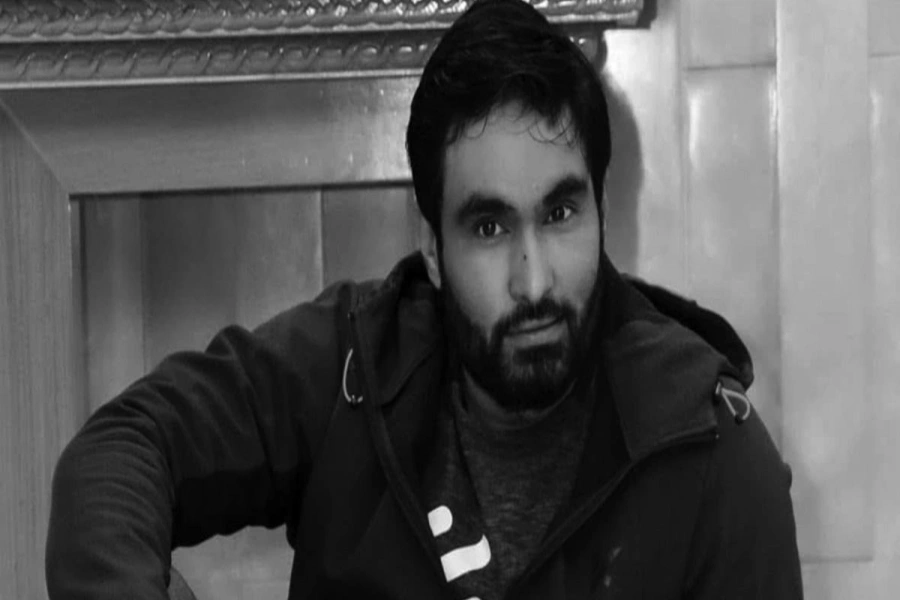KATHMANDU, Mar 11: On Friday, Nepalese vehemently expressed their anger in a video that had surfaced their news feed on the International Women’s Day. The video: a 18 year girl, accused of being a witch was beaten for hours by Ram Bahadur Chaudhary who claimed to be a ‘baba’. The girl, Radha Chaudhary from Ghodaghodi municipality, Kailali was taken to the district hospital.
Amid public outcry, Prime Minister KP Sharma Oli condemned the act and said that the government would treat the girl while rightfully punishing the guilty on Twitter.
Surprisingly, the video comes just days after the world celebrated the 108th International Woman’s Day that urges all men and women to Press for Progress, this year’s slogan. What most surprised many was another woman beating the Radha, a name that symbolizes goddess in Hinduism.
Radha’s incidence is one of the many where illiteracy, harmful socio-cultural practices and lack of awareness has led to many women being victims to violence and abuse. Domestic violence is on the rise, despite intense awareness campaigns.
The world has witnessed significant change in how women are treated and an attitudinal change has been felt since the first wave of feminist movement in the 19th century. With more women in the boardroom, greater equality in legislative rights, and an increased critical mass of women's visibility as impressive role models in every aspect of life, one could argue that women have gained true equality.
Unfortunately, women are still paid unequally while they still lag behind not present in equal numbers in business or politics, and globally women's education, health and the violence against them is worse than that of men. However, great improvements have been made. We do see school girls welcomed into university, women can work and have a family, and women can have real choices. And so each year the world inspires women and celebrates their achievements.
Nepal Day celebration in Namseoul University South Korea

Nepal, despite its small size, is one of the countries that is leading to inspire and empower women; the most significant being President Bidya Devi Bhandari. The government has provisioned 33 percent reservation to women in all spheres. Men march for women, and women are vocal to demand end to harmful socio-cultural practices that are pulling women behind. Yet, incidents of domestic violence, abuse and deaths surface time and again.
“Even now, men think that women are their objects and they can do whatever they like,” Sulochana Khanal, documentation officer at WOREC Nepal, a NGO working for women, said. “There have been tremendous efforts to eradicate harmful social practices. These include awareness programs, trainings and education. Yet, nothing seems to be helping,” Khanal added.
While national and international agencies have had their shares to educate and aware people, Yubraj Mahat, sub judicial at the Office of Attorney General argues otherwise.
“Much of the programs are based in headquarters and cover specific geographical sphere. As a result, communities that seriously requires education and awareness to do away with harmful social and cultural practices lag behind.”
He added, “as long as we don’t break barriers, educate, aware and empower communities through right policy support, we won’t be able to curb such inhumane crimes that women suffer repeatedly.”





































